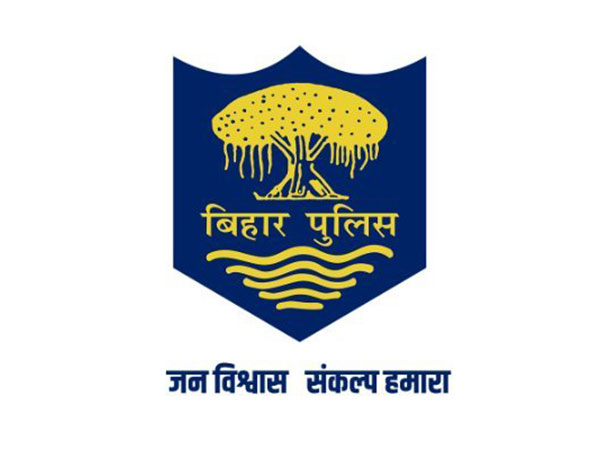COVID-19 second wave has pushed vulnerable groups into debt traps, impacted livelihoods, says study
Jul 02, 2021

New Delhi [India], July 2 : Supriya Kar, a leader of Bijoyini collective of human trafficking survivors in West Bengal, has been forced to raise Rs 55,000 from six different sources to bring her brother back from Malaysia after he lost his job in the second wave of COVID-19.
Supriya Kar (name changed) lost her job, her family has faced social stigma from money lenders which led to a health emergency forcing her to borrow more.
The economic distress brought by the pandemic seems to have a long-lasting impact on people belonging to vulnerable and economically weaker sections of the society, according to an analysis done by Tafteesh.
It said COVID-19 induced lockdown and its aftereffect continues to impact low-income households across the country.
The analysis of income and loan information of 335 survivors of human trafficking, commercial sexual exploitation and sex workers from West Bengal, Chhattisgarh and Andhra Pradesh has found that 201 or 60 per cent of them have taken some loan at the time of the study in May 2021 to cope with their financial difficulties created by the pandemic and lockdown.
Tafteesh, a coalition of survivors of human trafficking, lawyers, social workers, psychologists, researchers, and human rights activists, said it appears that people belonging to this vulnerable section have far more been hit economically during the second wave, believed to have started in India around March.
It said the government's focus was mostly to strengthen the healthcare system and the need for food for sustenance without much or no income pushed them to turn to high-risk loans available in their vicinity.
The government, on its part, has come out with several schemes catering to various sections hit by the pandemic including street vendors and other vulnerable sections. The union government last month extended Pradhan Mantri Garib Kalyan Anna Yojana (PMGKAY), a programme to provide free ration for over 80 crore people, mostly poor, till November.
In another case brought out by Tafteesh, Pitta Rajani, a 28-year-old sex worker in Vijayawada, took a loan of Rs 20,000 for a huge interest of Rs 10 per hundred rupees in absence of additional income for her survival and that of her family members during the second wave of the pandemic.
As economic activities have resumed amid receding COVID-19 cases, she has started receiving threats from her money lender in case of her failure in repaying her monthly interest. He has threatened to call the police and inform them about Rajani's business.
Bhanupriya, who hails from Prakasam district in Andhra Pradesh, also landed in a debt trap. Facing a situation that demanded her to borrow a loan, she was forced to take Rs 60,000 from a private money lender at an interest of Rs 7 per hundred rupees. Unable to pay the heavy interest, the moneylender started threatening and abusing her. Bhanupirya, a sex worker, is trapped in a vicious circle with no rays of hope to repay the amount.
In Supriya Kar's case, she raised Rs 55,000 from neighbours, relatives, self-help group, finance company and the local goldsmith and now her family is facing acute poverty and is dependent on rations supplied by the government, which is not sufficient. They are getting deeper in debt and she unable to get a job due to lockdowns.
Tafteesh made a comparison of the data it collected among vulnerable sections of loans taken during the first and second wave of COVID-19.
It said of the 201 who had taken loans in 2021 during the second wave of the pandemic, 123 or 60 per cent have taken high-risk loans which is much beyond their paying capacity and family income.
"The average monthly minimum requirement reported by the study respondents was about Rs 6,300, while more than 30 per cent (or 102) families reported that they had no income during the second phase of the pandemic," it said.
The organisation said the pandemic and accompanying restrictions have aggravated the economic condition of women in sex work who have been in an already precarious situation being outside of the social protection mechanism.
During this period, their debt amounts have increased exorbitantly. Out of the 142 survivors of commercial sexual exploitation and women in sex work analyzed for the research, 99 have taken loans ranging between Rs. 5,000 and Rs 550,000 during the second wave.
The study said that banks or microfinance institutions (MFIs) have not relaxed the repayment schedule or set any moratorium period for their repayment at this time of cash scarcity among the vulnerable groups.
It said a significant proportion of vulnerable sections took new loans to repay the existing loans, "which indicates debt traps, which has, in turn, increased their risk of becoming indentured labour and victims of trafficking".

















